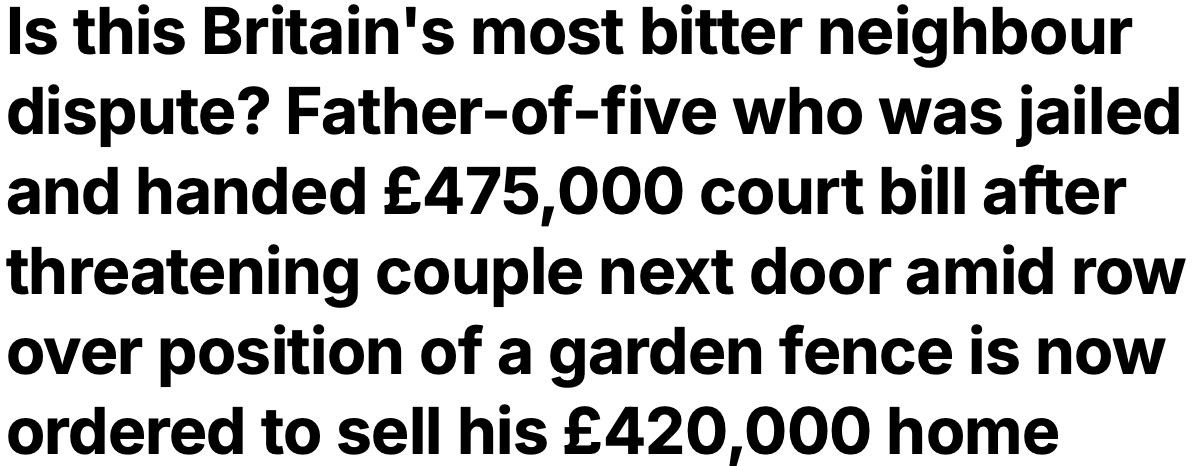The article in question presents a seemingly scholarly account of the evolution of Palestinian identity, framing "Palestinianism" as a belated and ambiguous reaction to Zionism and imperial disruption. However, this interpretation reflects a revisionist historical narrative that seeks to delegitimize Palestinian nationalism, sanitize the settler-colonial nature of Zionism, and obscure the violent role of Britain and other Western powers in engineering the Nakba. This response refutes these claims, asserts the legitimacy of Palestinian resistance, and underscores the colonial structures underpinning the Zionist project.
2. Palestinian Identity: Indigenous, Not Invented
The argument that Palestinian identity lacked coherence before the 20th century ignores the historical realities of life in Ottoman Palestine. Palestinian society, though diverse, shared common linguistic, cultural, and social bonds. As historian Rashid Khalidi has documented, newspapers, literature, and civic institutions in the late 19th and early 20th centuries demonstrated a clear and developing Palestinian national consciousness (Khalidi, Palestinian Identity, 1997). To claim that Palestinians had only "local" or "tribal" identities is to impose a colonial lens that has historically denied Indigenous peoples the status of nationhood unless they mimic European state structures.
3. British Imperialism and Zionist Settler-Colonialism
The article fails to meaningfully address the role of the British Empire in enabling the Zionist colonization of Palestine. The 1917 Balfour Declaration promised a "national home for the Jewish people" in a land where Palestinians constituted over 90% of the population. During the Mandate, Britain systematically favoured Zionist institutions while violently suppressing Arab resistance, most notably during the Arab Revolt (1936–1939), in which thousands of Palestinians were killed, exiled, or imprisoned.
Zionism, far from being an Indigenous return, was a European settler-colonial movement that sought to create a state by displacing the native population. As historian Ilan Pappe demonstrates, Zionist military strategy during 1947–1948 was rooted in the systematic expulsion of Palestinians, codified in Plan Dalet (Pappe, The Ethnic Cleansing of Palestine, 2006).
4. The Nakba: A Deliberate Crime, Not a Byproduct of War
The article downplays the Nakba, the forced displacement of over 700,000 Palestinians in 1948, as the unfortunate outcome of war. This obscures the fact that the ethnic cleansing of Palestine was intentional and systematic. Zionist paramilitaries committed dozens of massacres (e.g., Deir Yassin) and razed over 500 Palestinian villages. The refugees were explicitly barred from returning—violating UN Resolution 194 and international law. This was not a byproduct of war; it was a prerequisite for statehood.
5. Nazi Collaboration: Zionist Dealings Also Existed
The article highlights the Grand Mufti Haj Amin al-Husseini’s alliance with Nazi Germany but omits that Zionist leaders also engaged with the Nazi regime. The 1933 Haavara Agreement between Nazi Germany and the Jewish Agency enabled the transfer of German Jewish assets to Palestine, facilitating Jewish immigration while undermining broader anti-Nazi boycotts. Additionally, members of the Zionist Stern Gang (Lehi) offered to cooperate with Nazi Germany in 1941 in exchange for support for a Jewish state. These facts undermine any attempt to use Nazi collaboration to uniquely stigmatize Palestinian nationalism.
6. Resistance Is a Right Under Occupation
The notion that Palestinian nationalism is defined solely by reaction to Zionism ignores the international legal principle that occupied and colonized peoples have the right to resist. Whether under the banner of Fatah, the PLO, or Hamas, Palestinians have sought to defend their land and lives against invasion, theft, and ethnic cleansing. Armed resistance, while tragic in its human toll, is not illegitimate when peaceful avenues are foreclosed. UN General Assembly Resolution 37/43 affirms the right of peoples under colonial and alien domination to struggle by all means, including armed struggle.
7. Edward Said and the Humanist Vision of Palestinianism
Edward Said’s articulation of "Palestinianism" was not a rejection of Jewish identity but a call to recognize the shared humanity of Palestinians and Jews. Said envisioned a future grounded in truth, acknowledgment of the Nakba, and a just peace based on coexistence—not exclusion. As Ilan Pappe has argued, Palestinianism is not a mirror of Zionism, but a moral and anti-colonial discourse seeking recognition, reparations, and reconciliation.
8. Conclusion: The Struggle for Liberation Is Not Hate
To frame Palestinian identity and resistance as antisemitic or irrational is to deny the realities of dispossession and colonization. It is an attempt to delegitimize a people who have endured over a century of violence, occupation, and exile. Palestinianism is not a conspiracy—it is the name for a just struggle against settler-colonial domination, supported by international law, historical truth, and moral clarity.
References:
- Rashid Khalidi, Palestinian Identity: The Construction of Modern National Consciousness (Columbia University Press, 1997)
- Ilan Pappe, The Ethnic Cleansing of Palestine (Oneworld Publications, 2006)
- Edward Said, The Question of Palestine (Vintage, 1992)
- UN General Assembly Resolution 194 (1948)
- UN General Assembly Resolution 37/43 (1982)
- Nur Masalha, Expulsion of the Palestinians: The Concept of "Transfer" in Zionist Political Thought, 1882–1948 (Institute for Palestine Studies, 1992)
- Tom Segev, The Seventh Million: The Israelis and the Holocaust (Hill and Wang, 2000)































